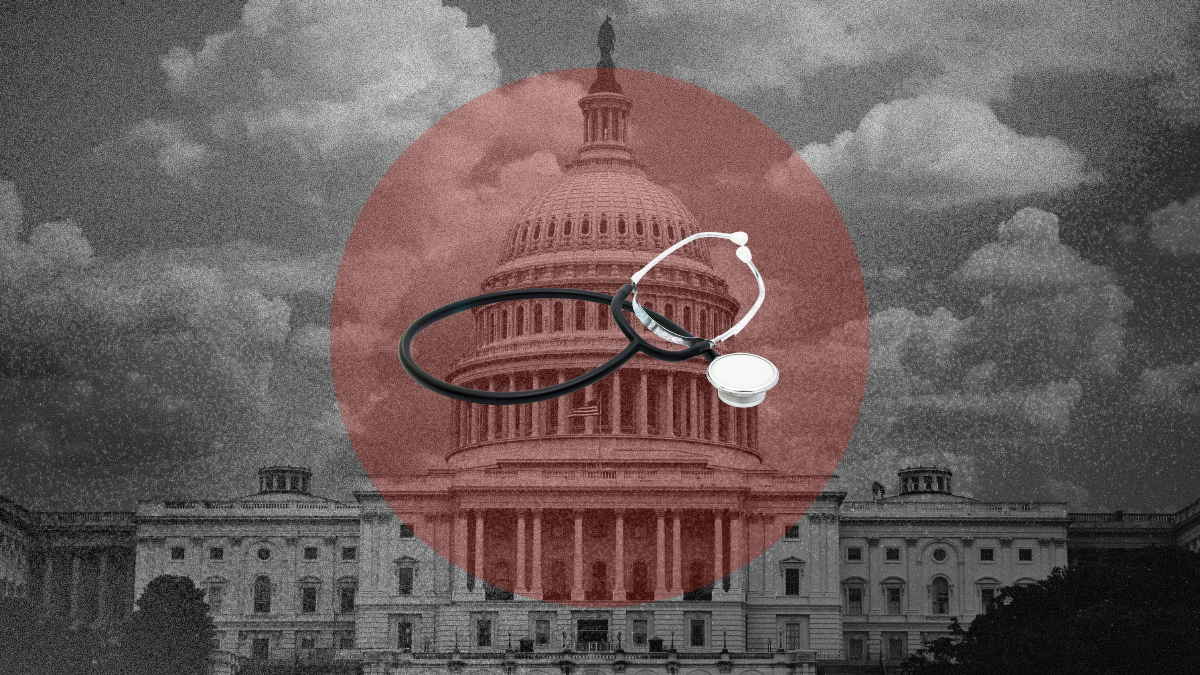North Carolina, relatively recently, achieved Medicaid expansion after years of effort. Since November 2023, this expansion has provided health coverage to 640,297 North Carolinians, including 231,300 in rural communities. However, most people are unaware that newly proposed Medicaid spending cuts from national Republicans could automatically eliminate this coverage—without any action by our state legislature. The battle to protect Medicaid expansion will take place in Washington this spring, not in Raleigh.
Medicaid Expansion Has Transformed Healthcare in North Carolina
Medicaid expansion has benefited all North Carolinians, particularly those in rural areas. Today, Medicaid covers nearly one in four residents—3.1 million people—of whom 39% (1.2 million) live in rural communities. Beyond providing life-saving healthcare, Medicaid expansion has strengthened rural and small hospitals, helping them stay financially stable and avoid closures.
Congress is Targeting Medicaid for Budget Cuts
Congress has placed Medicaid on the chopping block as it seeks major spending reductions to offset the rising deficit, driven in part by a proposed extension of the Trump administration’s $4 trillion tax cuts and an additional $1 billion for border security and defense.
In late February, the House passed a budget resolution outlining $1.5 trillion in future cuts, including $880 billion from Medicaid. The resolution instructs the House Energy and Commerce Committee—which oversees Medicaid and Medicare—to find these savings. Since cutting Medicare is politically unpopular, Medicaid is the primary target for these reductions.
Federal budget negotiations are expected to reach a critical point in late April or early May 2025, when Congress votes on a budget reconciliation bill to set future spending. By using the reconciliation process, only 50 Senate votes are needed to pass the measure, bypassing the usual 60-vote filibuster threshold.
What This Means for North Carolina
If Congress cuts Medicaid, North Carolina’s Medicaid expansion could automatically end. Our state, along with eight others, has enacted a “trigger” law that eliminates Medicaid expansion if the federal government reduces its 90% funding match. Reinstating expansion would require a state legislative vote to allocate replacement funding—an unlikely prospect given economic uncertainties and other potential federal funding cuts. Covering the shortfall could cost North Carolina up to $15.6 billion over ten years.
Tillis And Budd Hold The Key – And North Carolinians Must Act
With only a slim Republican majority in the Senate, just four GOP senators could block Medicaid cuts. Some conservative senators have already voiced concerns, recognizing that millions of working-class Trump voters would lose their healthcare.
North Carolinians who support Medicaid must focus on pressuring Republican Senators Thom Tillis and Ted Budd. Unlike the state’s heavily gerrymandered congressional districts, these senators must win votes statewide in our politically competitive, purple state.
Rural North Carolinians overwhelmingly supported Donald Trump in 2024. Many are unaware that these Medicaid cuts would directly impact them—and they likely won’t be happy when they find out. Now is the time to act. North Carolinians must mobilize and demand that our senators protect Medicaid expansion for our state.





